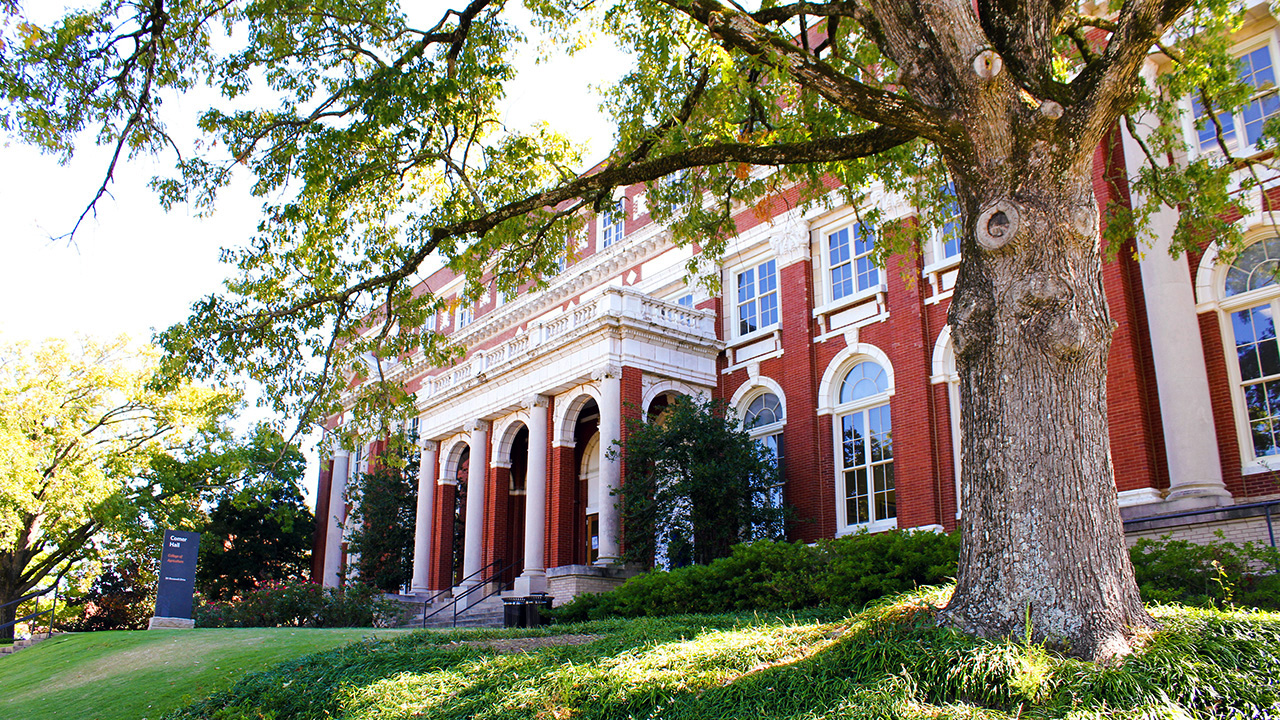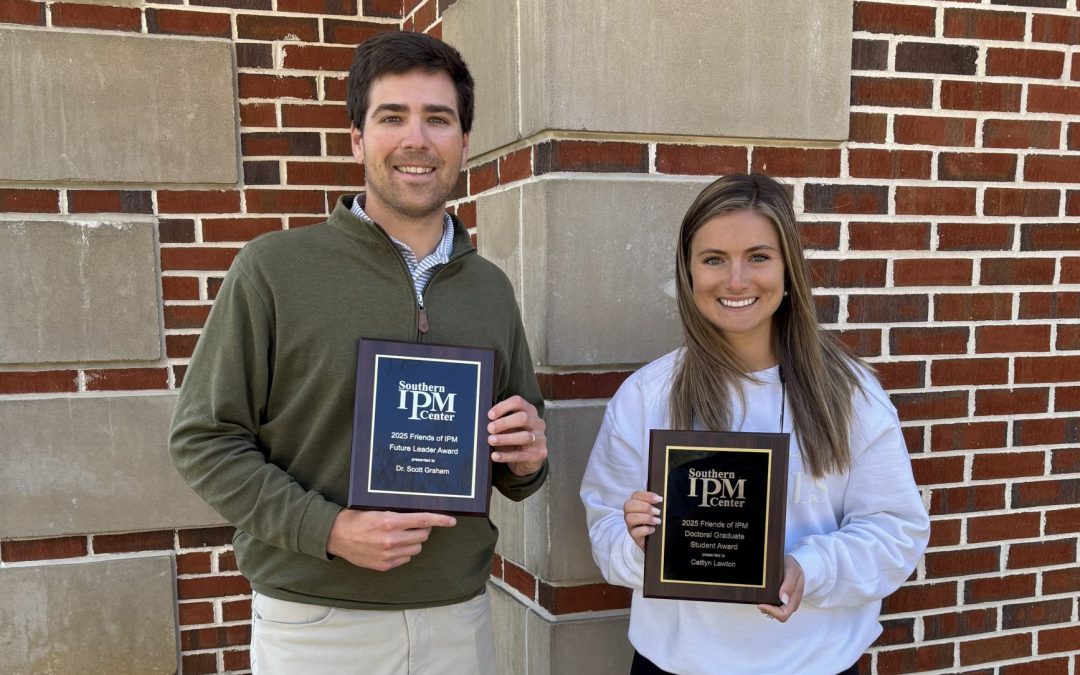By Maggie Smith / Jul 18, 2019 9:02:26 AM
News
Seven Auburn Department of Biosystems Engineering faculty members and students won awards at the 2019 American Society of Agricultural and Biological Engineers international meeting in Boston recently.
Puneet Srivastava, professor of ecological engineering, was inducted as an ASABE Fellow, which is the society’s highest honor. Srivastava was selected for his pioneering work in optimizing best management practices in watersheds and mitigating drought impacts on water resources.
Yi Wang, assistant professor, received the Association of Overseas Chinese Agricultural, Biological and Food Engineers Early Career Award. Jeremiah Davis, associate professor and director of the National Poultry Technology Center, received a superior paper award for an article he co-authored, “Dimensions of the Modern Pig.”
Graduate students Kritika Malhotra and Lajleet Sangha placed first and third, respectively, in the Association of Agricultural, Biological and Food Engineers of Indian Origin graduate student research awards. Sangha also won second place in the Boyd-Scott graduate research award competition. The competition recognizes excellence in the conduct and presentation of research to build a knowledge base needed by engineers who design equipment, facilities and processes for the sustainable operation of biological systems.
Two biosystems engineering undergraduate students, Hannah Thomascall and Meg Anderson, placed first and third, respectively, in the ethics essay competition. Thomascall was also elected 2019-20 president of the International Pre-professional Community, a worldwide community of undergraduate students within ASABE.
Oladiran Fasina, department head, commended the achievements of the BSEN faculty and students.
“These awards show that Auburn will continue to be a major player in the world of biosystems engineering by conducting world-class research and focusing on producing competent engineers that are capable of developing engineering-based solutions to life’s essential challenges: safe and plentiful food, pure water to drink, clean fuel and energy resources, and a safe, healthy environment in which to live,” Fasina said.





